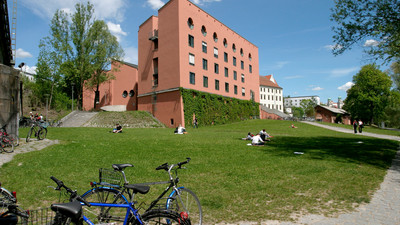The article has been published online before print in the journal Political Psychology. Its full abstract reads as follows:
Online astroturfing is a novel form of disinformation that relies on the imitation of citizen voices to create the false impression that a particular view or idea has widespread support in society. In this study, we test if political online astroturfing messages (i.e., forged user comments beneath digital news items) can influence perceptions of public opinion on three issues: the poisoning of the former Russian intelligence officer Sergei Skripal, the use of toxic gas by Russia's close ally Syria, and the manipulation of the 2016 U.S. presidential election. We further examine the immunizing effects of three inoculation strategies to prevent the distorting effects of online astroturfing comments. Our results indicate that only a few astroturfing comments can bias readers' perceptions of public opinion in the intended direction. Moreover, prior inoculation only provides limited protection against this effect. Only one inoculation strategy (refutational-same) proved to be effective, but even this effect is only short-term. Our findings indicate that recent fears about the potentially negative effects of this novel form of disinformation on political discourse are justified and underscore the difficulties of responding to this challenge.
Zerback, T., & Töpfl, F. (2021). Forged Examples as Disinformation: The Biasing Effects of Political Astroturfing Comments on Public Opinion Perceptions and How to Prevent Them. Political Psychology. Available at: https://doi.org/10.1111/pops.12767
The manuscript is also available upon request to sarah.miedl@uni-passau.de.










